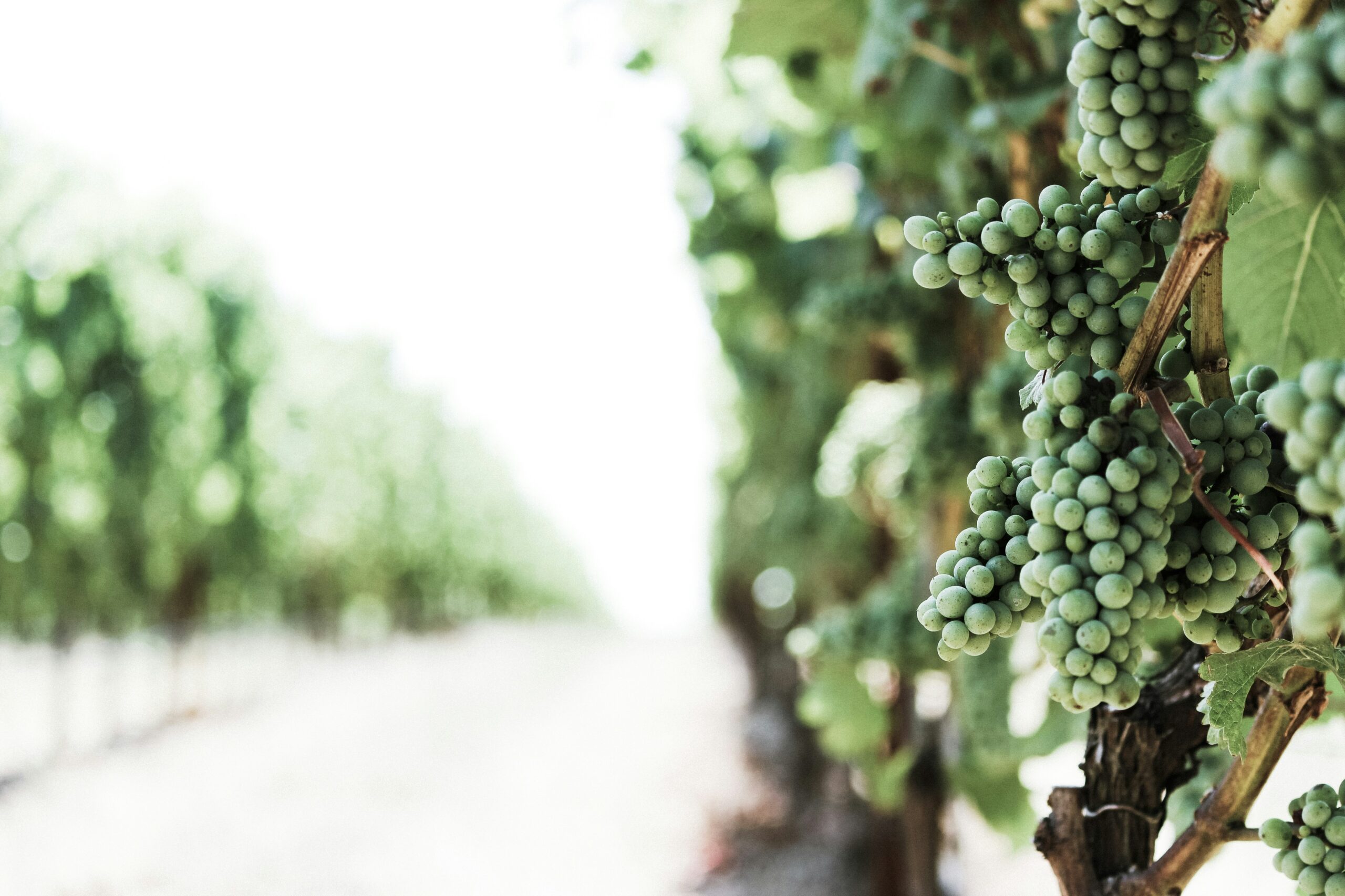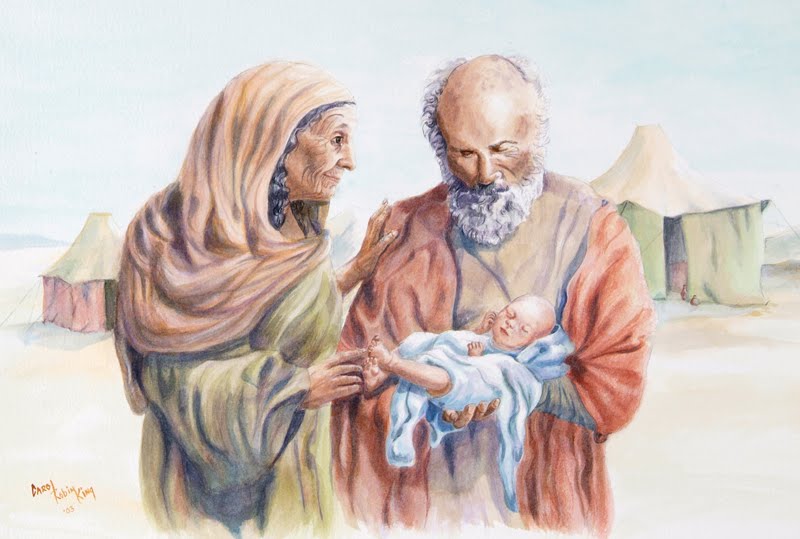The Good Fruit of Faith by Kim Reisman

Scripture Focus:
A good tree can’t produce bad fruit, and a bad tree can’t produce good fruit. A tree is identified by its fruit. Figs are never gathered from thornbushes, and grapes are not picked from bramble bushes. A good person produces good things from the treasury of a good heart, and an evil person produces evil things from the treasury of an evil heart. What you say flows from what is in your heart.
Luke 6:43-45 (NLT)
When Paul talks about our faith in Jesus Christ, he argues forcefully that not only are we forgiven, we’re also transformed. The past is forgiven, and we’re no longer in bondage to guilt and shame. We’re no longer victims to the ongoing power of sin. The witness of Scripture is sin as a conquered foe. Sin may remain in our lives, but it does not reign.
Keeping this in the back of our minds, we need to consider two, limited and misleading, extreme understandings. One extreme ignores the salvation message of justification by grace through faith. We overlook the fact that we are helpless sinners in desperate need of grace. We refuse to acknowledge that we have no power to save ourselves. We deny the fact that when left to our own devices, we continue to repeat the cycle of estrangement from God leading to works of injustice, unrighteousness, and all sorts of evil. The call is to be good and do good – “to do justice, love mercy, and walk humbly with God.” We would like to do just that. We want to respond, and we try to respond, but we find ourselves unable to walk in the light very long. Then, when we fall back into our ways of selfishness, prejudice, lust, unbridled anger, self-protection, pride, gluttony – wanting more and more and needing more and more to be satisfied – we become discouraged and guilt-stricken. “Woe is me … who can live this life of following Jesus?”
The other limited and misleading extreme is an emphasis on the way of salvation that says, “Now that you’ve been saved, you are in.” You don’t really need to worry about anything else.
Both of these understandings are wrong. We’re unable to save ourselves, but the life of faith doesn’t stop with the acceptance of salvation in Jesus Christ – it begins there. As we follow Jesus, we’re to develop a lifestyle so dynamic and different that others take notice and say, “That’s the kind of life I want to live – how can I get it?” As we discussed at the beginning of this month, there is a vital connection between the tree and its fruit – faith and works. Jesus spoke clearly about it in our passage for this week. A tree is identified by its fruit.
The prophet Isaiah painted a challenging picture in Isaiah 5:1-10. He tells of a vineyard which produced bad fruit. The owner spared no effort to make it produce the very best grapes. He removed the stones from the soil, turned the soil with a hoe, planted the best vines available, even built a tower to protect the vineyard from thieves. He was so hopeful that he hewed a trough out of the rocky soil for the juice to flow through. And he waited!
He was horrified. No full ripe grapes came from the well-cultivated vines … only wild grapes, perhaps small, sour, spoiled – utterly unacceptable to the owner. What had happened? The owner moans and disclaims responsibility – “What more was I to do for my vineyard that I have not done in it?” (Isaiah 5:4) The fault had to be in the vines.
Isaiah applies the parable to Israel, identifying the vines as the twelve tribes. From these vines God had expected justice and righteousness. But what was produced, especially in Judah, was oppression and bloodshed, cries for help from those who were oppressed (vs 7).
The lesson for us is clear. Good fruit grows out of faith and faithfulness. Our good works, the expression of righteousness and justice through us, is the result of God’s activity in us. “Bad fruit” is the result of our rejection of God, our arrogant understanding that we can make it on our own.
Keep the connection clear. We are saved for good works, though not by good works. As we respond to God’s grace in faith, we are transformed by God’s patient love to become more and more like Jesus, to understand more and more how God wants us to live, and to be more and more able to live in that way. As we live more and more the way in which God desires us to live, good works flow through us, our lives begin bearing fruit and people begin to notice that there really is something different about us.
As you pray and fast, reflect on the truth that we are saved for good works, not by good works. What kind of fruit is your faith bearing?
Subscribe
Get articles about mission, evangelism, leadership, discipleship and prayer delivered directly to your inbox – for free



